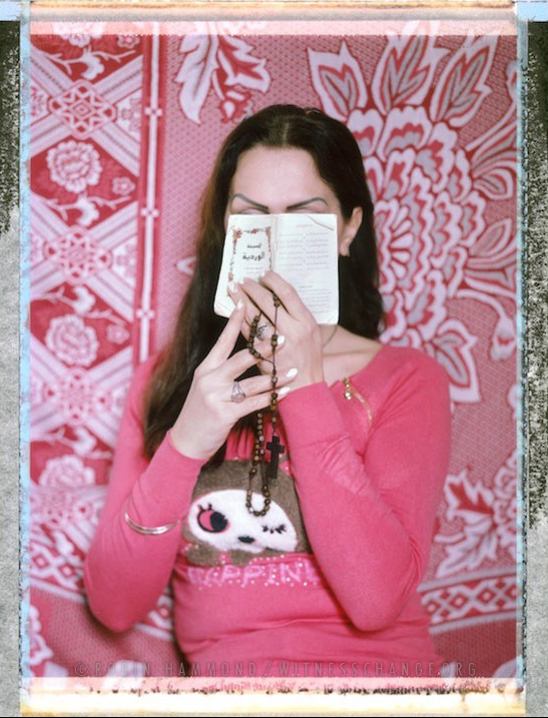Nathalie / Syria
“I don’t want to write about my story because it bothers me a lot, it is exhausting me and makes me cry.”
Nathalie, who describes herself as a woman who used to be a man, fled from Aleppo, Syria with her mom and sister. They now live in Beirut, Lebanon. In an interview Nathalie said:
“No one loved us as a family because of who I am. I knew a gay guy that they caught. They slaughtered him and placed him in the garbage. When I heard his story… this guy was so nice to me, this incident affected me so much. He was my friend. If they could kill him then we could see everyone would be a target. They [The Free Syrian Army] even said on TV they would kill us [LGBT community]. If I was living 1% in ease in Syria, I wouldn’t have come here.
My mum is my life, she suffered with me so much. She is like my soul. I want someone to hold me, I want a hand on the heart and a country that offers me security. That’s what my mum has been to me. I couldn’t leave my mum and come alone. I hope this message will reach someone. I will die before I go back to Syria”





Hello Nathalie, your story made me think of the story of this man : http://whereloveisillegal.com/nawras/
Maybe you should do like him and go to UNHCR offices in beiruth to ask for a refugee status in a country where LGBT rights are respected. I wish you all the best, stay strong, one day you will get the happiness you deserve.